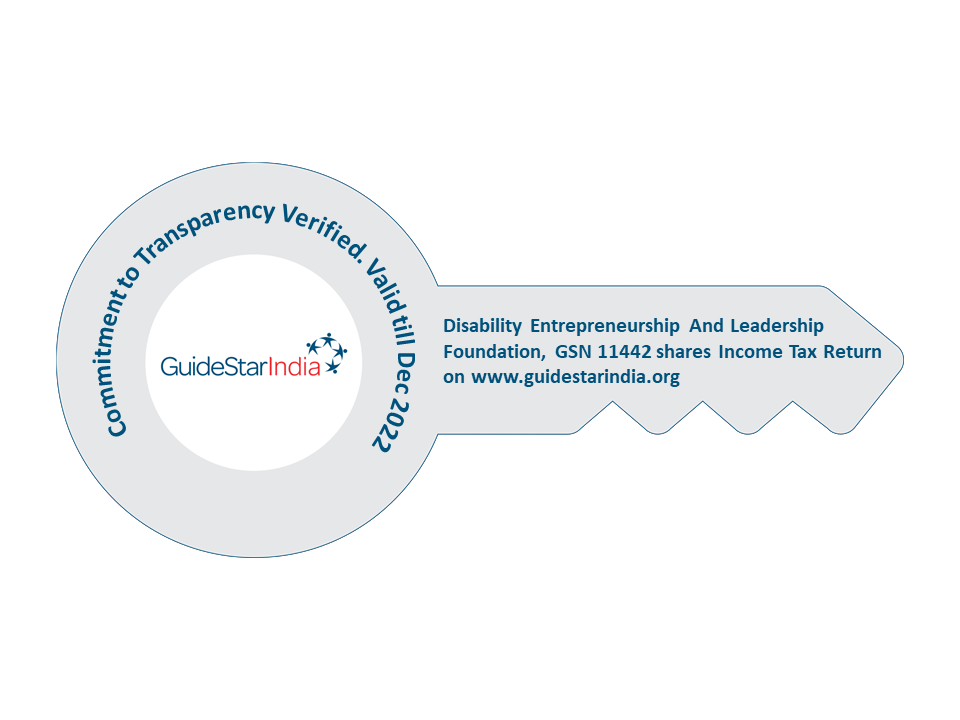Agriculture, which is one of the oldest occupations, has still continued to be the primary occupation in the country particularly in the rural areas. About 70% of the rural population in India are still dependent on agriculture to sustain their livelihoods.
It has been witnessed that agriculture plays a major role in the reduction of poverty as agricultural development can stimulate economic development even outside the agricultural sector, and lead to higher job and economic growth. Likewise, increased productivity of agriculture also raises farm incomes, increases food supply, reduces food prices, and provides greater employment opportunities in both rural and urban areas.
Higher incomes can increase the consumer demand for goods and services produced by sectors other than agriculture. Such linkages between growth in the agricultural sector and the wider economy have enabled developing countries to shift to other sectors where growth is higher and wages are better.
Focusing on other activities apart from agriculture is important to a country’s development. This is particularly true in rural areas where about 70% of the world’s poorest people live (IFAD 2011a). Haggblade et al (2002) estimate that across developing countries, as many as a quarter of the rural population is employed full time outside of agriculture, which constitutes 35-40% of rural incomes. This is not only a pattern amongst the wealthier rural population – the poorest 20% of the population earn an average of 30% of their incomes from non-farm sources (DFID 2005). Hence it is not wrong to say that Agricultural productivity can therefore be seen as a first step leading to greater income for a country. It has been interesting to note that historically no poor countries have reduced poverty only through agriculture, but almost none have achieved it without increasing agricultural productivity in the first instance. Therefore Agricultural growth is an essential complement to growth to other sectors.
The role of agriculture has also benefited people with disabilities as most persons with disabilities are left with fertile land of their own and at a convenient place which as a result helps them perform the tasks with ease, hence resulting in income generation activity.
Apart from contributing to income generation for persons with disabilities, agriculture also contributes to the overall wellbeing of a person as generally they are isolated and lack an opportunity to involve in social activities, agriculture solves the problem as it involves more than one person to perform the task, and people tend to mingle more with each other and generate new ideas.
Disability Entrepreneurship And Leadership (DEAL) Foundation works across the districts of Gadag and Bengaluru to promote sustainable livelihood opportunities for persons with disabilities. One of the major works the foundation is involved in is to promote awareness on the different ways agriculture can help in sustaining livelihoods and also assist in training them in different agricultural activities.
We form joint liability groups (JLGs) comprising of members having a similar background, and share a common interest. By doing this, it will help us provide training collectively, and on the other hand, also helps build a relationship among the members of the group.
For any specific questions regarding the blog, please write to us at info@deal-foundation.com.
And to know more about the work we do, log on to www.deal-foundation.com


 Awarded by Guidestar India
Awarded by Guidestar India